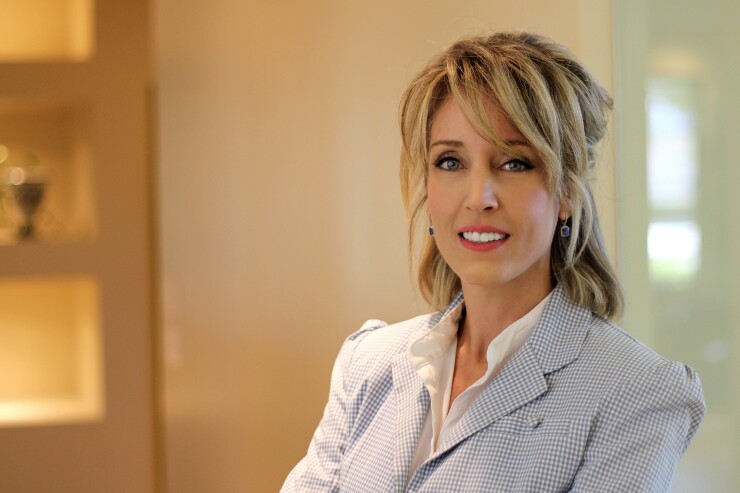Chargebacks911 prevents chargeback fraud and safeguards the e-commerce experience for merchants, e-stores and consumers. Since Monica Eaton founded the company in 2011, Chargebacks911 has monitored over 15 billion online transactions for clients in 87 countries, and has recovered more than $1 billion in disputed revenue. Chargebacks911 has approximately 400 employees worldwide.
In 2019, just 15% of global retail sales were online, according to Eaton. By 2023, the number grew to 21.2%, but this growth has been outpaced by the rapid rise of disputes, digital fraud and chargebacks. In 2023, Mastercard estimated that merchants lost an estimated $117.47 billion to chargebacks.
"There's a 'new normal' in fintech: Certain forms of financial fraud — especially chargeback fraud, often called 'friendly fraud' — have been normalized," said a spokesperson for Chargebacks911. "Until enough companies adapt to the realities of our post-COVID world, the industry will continue to be a magnet for fraudsters, criminals and cyber-shoplifters."
But it hasn't been all smooth sailing for Eaton and the company she still runs. In April 2023, the Federal Trade Commission and the state of Florida sued Chargebacks911 and its owners, Eaton and Gary Cardone, alleging that the company used unfair practices to prevent consumers from successfully winning chargeback disputes. For instance, the FTC alleged that when contacting credit card companies on behalf of clients, Chargebacks911 employees would send screenshots that were not actually taken from the website where consumers were disputing a purchase, allegedly in an attempt to show that the consumer had agreed to the disputed charges. This often happened with recurring monthly subscription charges.
The lawsuit was settled in November with Chargebacks911 agreeing to several stipulations, such as avoiding working with certain high-risk clients who use certain marketing techniques. The company also agreed to pay $150,000 in civil penalties and legal fees to Florida.






